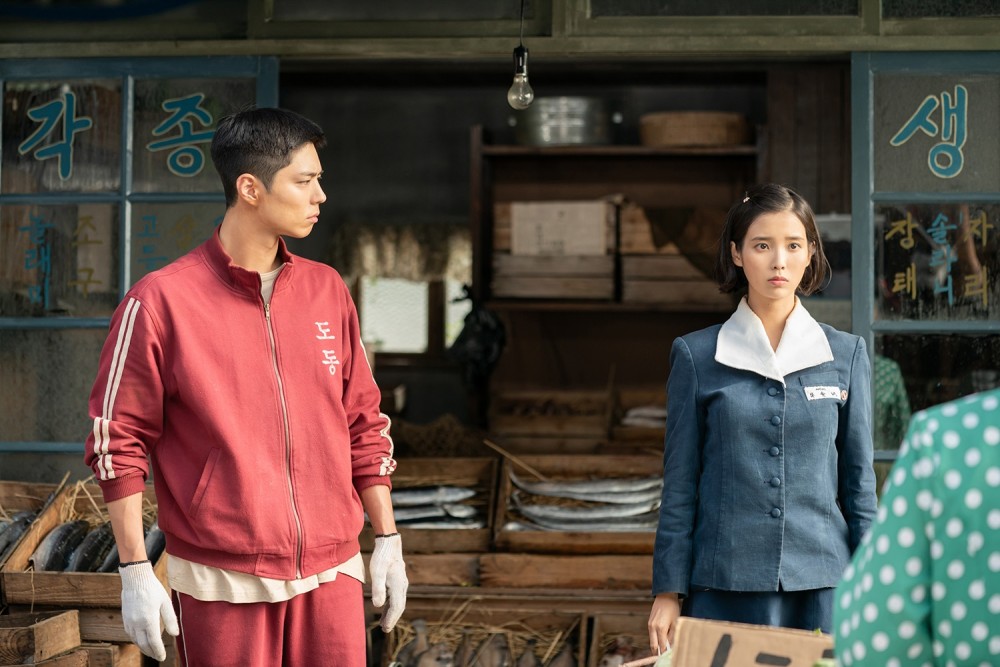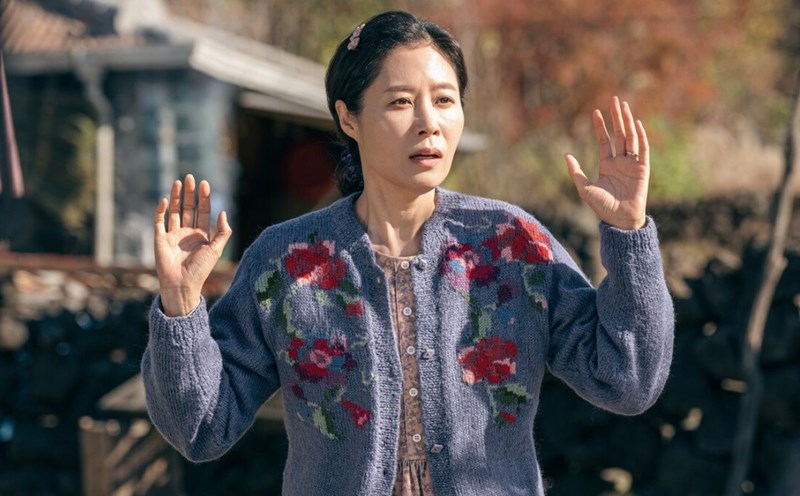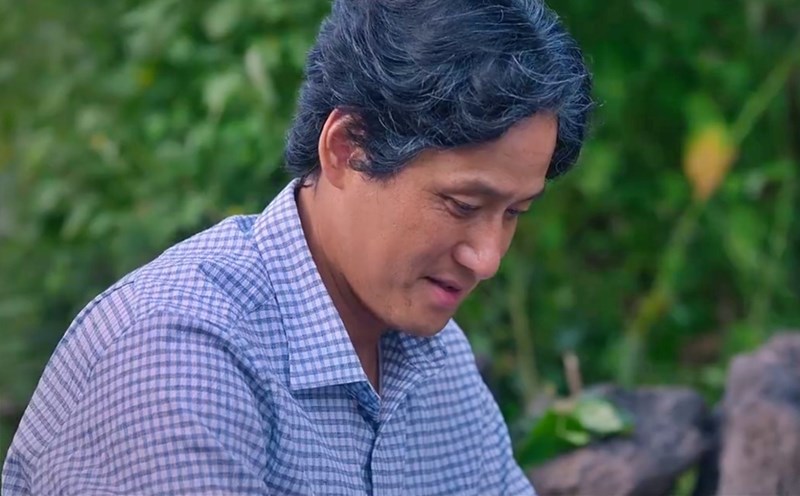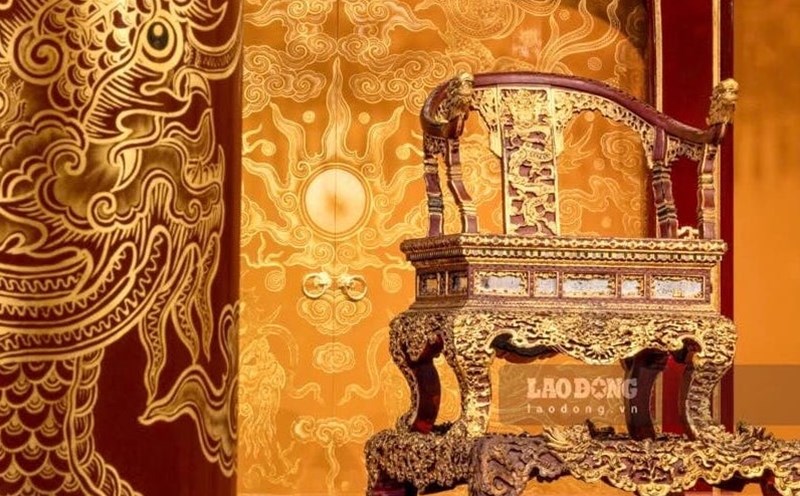The TV series "When Life Gives You Tangerines" still ranks No. 1 in many countries on Netflix.
The film attracted audiences around the world, topping the non-English film rankings.
Set in Jeju since the 1960s, the film tells the story of three generations of women, focusing on the life of Oh Ae Sun (played by IU), a woman living in poverty, facing discrimination and consideration for men and women.
According to Korea Times, the film's success was due to the way it built a relationship between parents and children, the meaning of family and strong love.
"The drama depicts the sacrifices of parents to shoulder the hardships for their children, and children understand their parents as they grow up," the Korea Times commented.
Mr. Yoon Seok-jin, a professor at Chungnam National University, said that "When Life Gives You a Tangerine" brings a weighty family story that can reach a global audience.
In it, the story between Ae Sun and her mother is emotional. Many viewers pointed out that Ms. Gwang Rye (Yeom Hye Ran) - Ae Sun's mother - has always protected and raised her daughter with a progressive and civilized mindset. From there, she has put an end to the pain passed down through many generations on women - also known as inter-generational stress.
According to Mark Wolynn, author of the book "This pain does not belong to you", intergenerational Trauma is a term that refers to pain that is passed down through generations.
Wolynn believes that each person has the ability to inherit psychological damage from the previous generation. Because the family is the cradle of formation of each person's awareness and mentality. Therefore, past events of parents and grandparents can directly or indirectly affect future generations.

In "When Life Gives You a tangerine", Ms. Gwang Rye lives on the Jeju Island with prejudices and mold that weigh on women.
Despite life's difficulties, she still teaches her children to live a life of hardship. She was willing to confront the teacher because she was biased towards students, bringing her child to live with her when she saw her child being bullied by her uncle, teaching her to know how to resist unfairness.
Then, when Ae Sun grew up and became a mother, she and her daughter stepped onto her husband's fishing boat - a place where people believe that women cannot get close. However, Sun once told her husband: "I want my child to be able to flip the dining table when she is pressured".
Thanks to Ae Sun's ideology, her daughter Geum Myeong graduated from a prestigious university, studied abroad and became a successful successor.
It can be said that Ms. Gwang Rye has ended the inter-generational journey, opening up for the next generation a brighter life, where women can go to school, hold high positions in political organizations, dare to speak up for their legitimate interests.
The film carries a humane message about love in the family. In contrast to Ae Sun's story, in other families, psychological shocks passed down from generation to generation can create a chain of unhealthy emotional reactions and behaviors.
Cultural critic Kim Heon Sik commented: Through the appropriately adjusted dialogue and culture, the film has overcome cultural barriers. It can be said that the film has become a great model for Korean cinema in the future".











